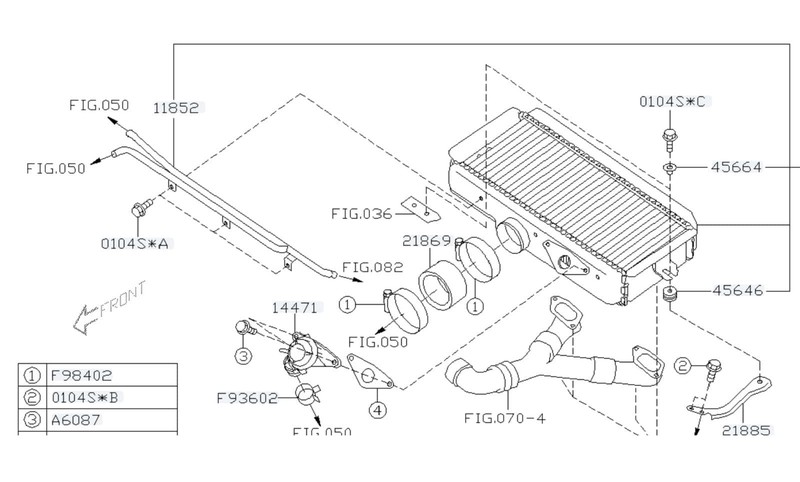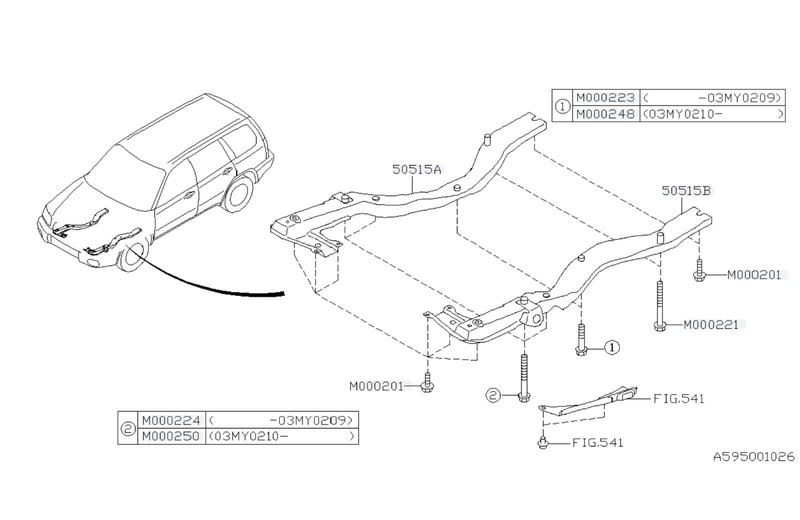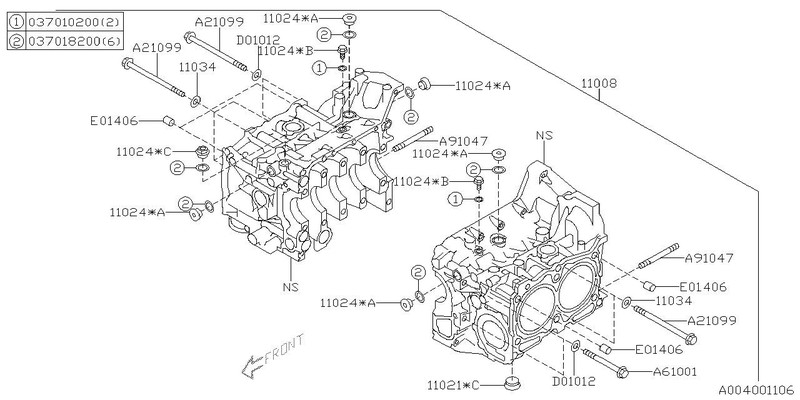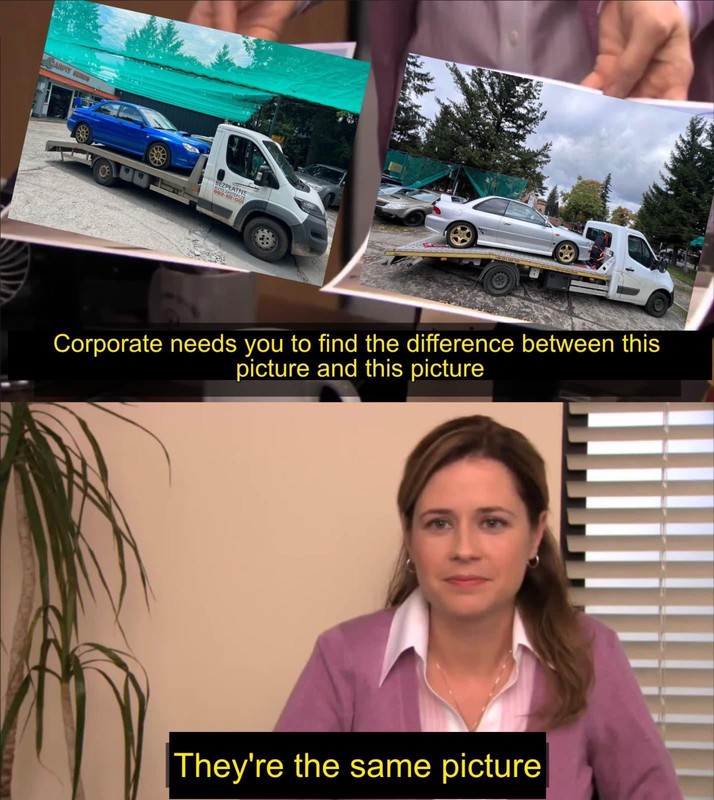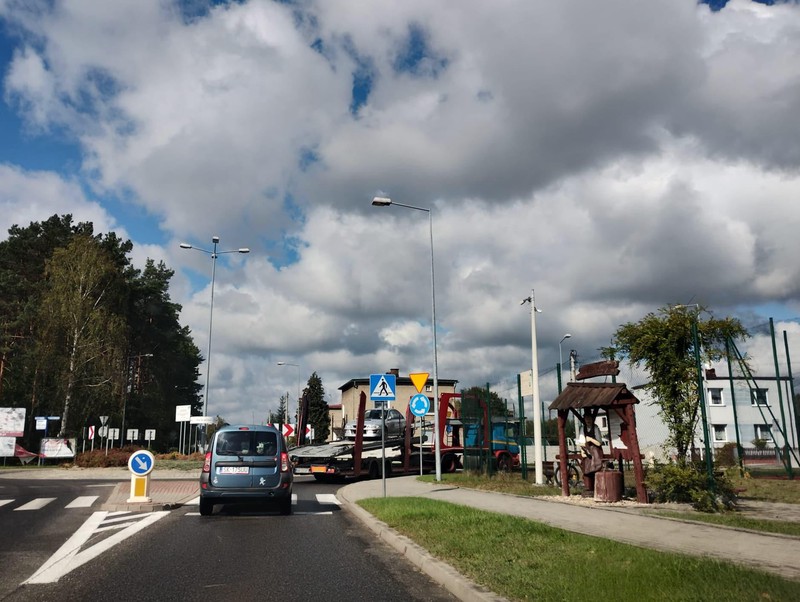I’d like to think that the wheels of the TDT bureaucracy are grinding away at
my application (exemption for the short VIN). In the meantime, I managed to
sort out a few things in the break between Christmas and New Year. Hopefully,
this will pay off during the MOT prior to the permanent registration.
First, I replaced the headlights. I’ve been hunting for original European spec
ones for a long time. So far, I’ve only managed to buy the right-hand one,
maybe the left will show up on the classifieds someday. In the meantime, I
fitted a Depo aftermarket. To be honest, the quality seems to be very good and,
apart from the branding, they’re no different from the originals. I bought the
right one with electric height adjustment, so if I ever find a matching
left-hand one, I might have an idea for my next hobby project.

